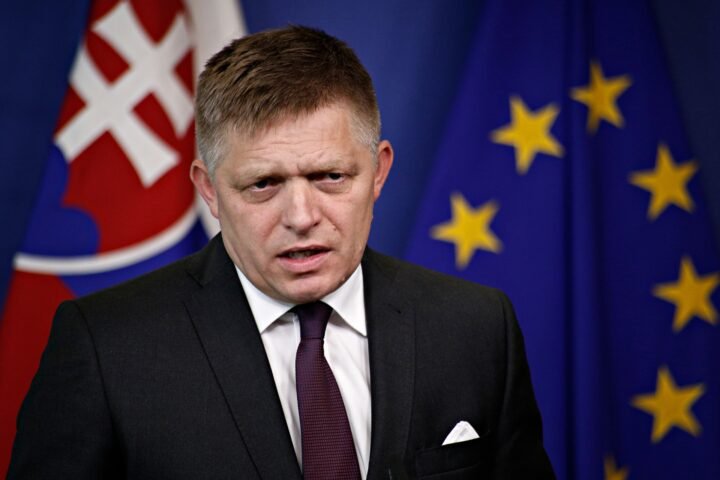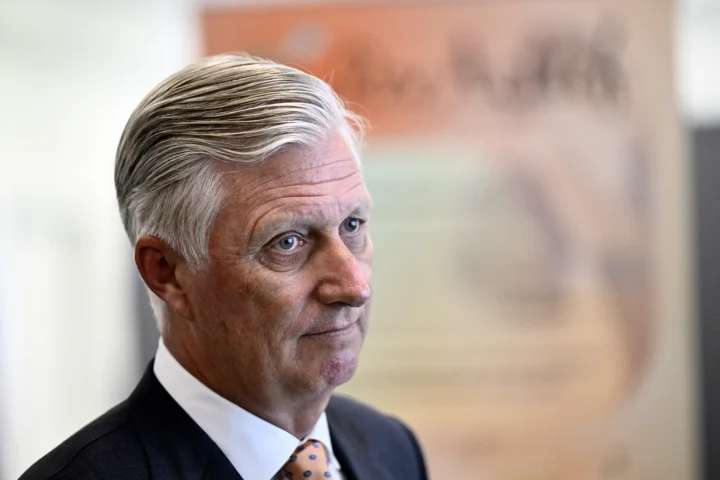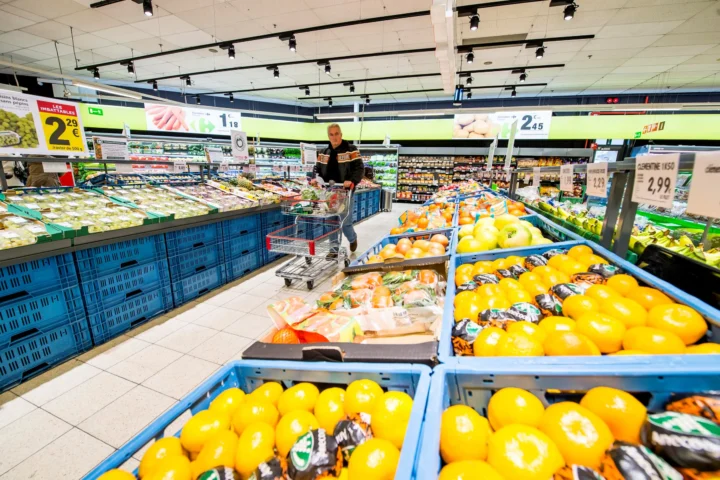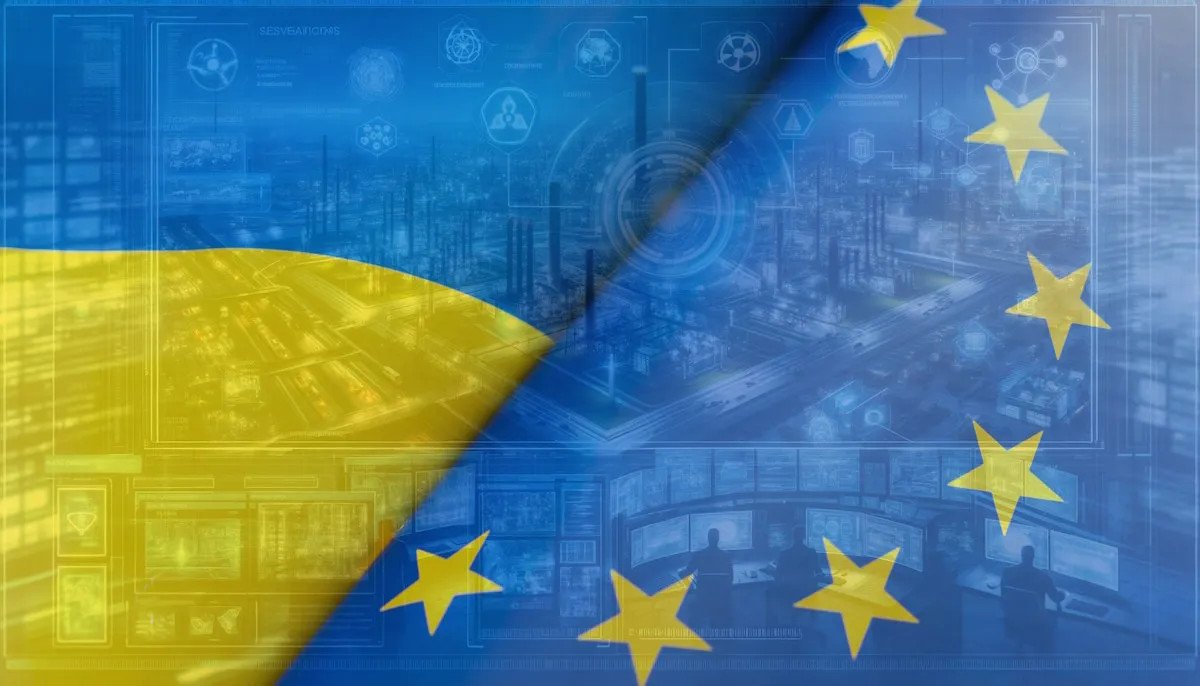Estonian Interior Minister Igor Taro cautioned on October 14, 2025, at the EU Justice and Home Affairs Council in Luxembourg that the surge in Schengen visas issued to Russian citizens threatens EU security.
Threat Assessment and Policy Coordination
Taro emphasized that Russia’s non-democratic regime poses risks to the Schengen Area. EU agencies must coordinate to prevent war participants or regime sympathizers from infiltrating member states. The minister suggested strict limits on visas and residence permits to block potential hybrid operations orchestrated by Russian intelligence.
Visa Controls as Sanction Measures
Restricting visas forms part of broader sanctions against Russia, aiming to curb comfort for citizens of the aggressor state without military action. Some EU countries, including Estonia, Latvia, Lithuania, and Poland, have already limited or halted visa issuance, while Germany and France remain cautious to preserve humanitarian and educational travel.
Future EU Measures
The EU plans to include strict transit and travel notification rules for Russian diplomats and personnel in the next sanction package. Proposals extend to consular and administrative staff, requiring detailed movement notifications across member states to counter growing hybrid threats.
Golden Visa Restrictions
Additional measures target “golden visas” programs, which may enable Russians to circumvent sanctions. Ireland and Portugal have already closed such schemes, with other EU countries reviewing eligibility criteria. The European Commission intends to release stricter recommendations by the end of 2025.










